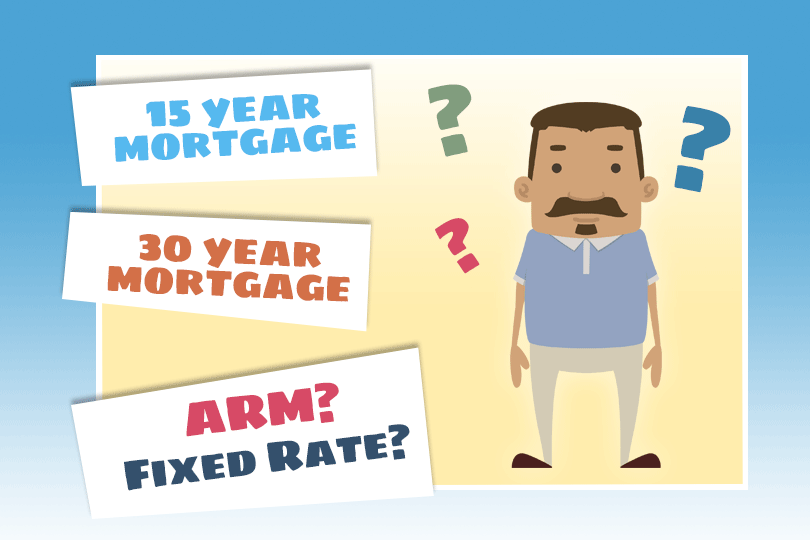Issues to Consider When Selling Your Home to an FHA Borrower
March 24, 2025
Appraisal Issues
The appraiser looks for problems. Cracks in the foundation, roof issues, and problems with the home's mechanical systems are all appraisal red flags. And those aren't the only ones.
Safety issues are a big deal. Loose stairs, bad wiring. Fix them. Mold or peeling paint? Deal with it. All systems must work: plumbing, electric, heating. A clean, well-kept home sells better.
Before the appraisal, get your house ready. Fix any peeling paint—especially in older homes, it might be lead-based. Repair any cracks or structural damage. Check all your systems. Make sure they work. Fix anything unsafe. Deal with mold or moisture. Have paperwork for your systems. It speeds things up.
The appraiser might ask for repairs. You'll need to negotiate. Who pays? When? Get it in writing, as you won't be able to enforce a "gentlemen's agreement" or other verbal arrangements. The sales contract must clearly state who pays in which circumstances.
Online Real Estate Listing
Your online listing matters. Most buyers start online. Use clear, bright photos. Show off your home's best features. Write good descriptions. Use keywords like "FHA approved" or "FHA loan."
Google likes mobile-friendly sites.
Keep paragraphs short, use clear headings, and be honest in your listing. Understanding local rules is important, as real estate laws change over time.
FHA loans have specific rules, and you should be prepared for extra paperwork. You might need to provide more documents about your home or supply information about possible lead paint issues or other factors. The buyer's lender will ask for these. Have them ready.
Other Issues
Be prepared for the participating FHA lender to be thorough. They will verify everything, which can take time. Don't take it personally; it's part of the FHA process.
If repairs are needed, get multiple quotes and try to get the best work you can. Don't just pick the cheapest. Ensure the work is done correctly, as the appraiser must check again.
Be ready to negotiate. FHA buyers may request seller concessions, typically 6% on FHA transactions. This is a common feature of FHA loans, and it's good to know in advance that you may be asked for it.
Keep your home clean and tidy. It makes a good impression. Small things matter. Fresh paint, clean carpets, and well-maintained yards can make a big difference. Don't ignore small problems. They can become big problems later, and correcting them is always best before the FHA fee appraiser visits.
Be patient. FHA loans take time. Don't get discouraged if things move slowly. It will be worth it in the end. Finally, trust your real estate agent. They can guide you through the FHA process and help you avoid costly mistakes.

FHA Loan Articles
December 9, 2021This wait isn’t easy when you've been shopping for a new home. But getting a home inspection is a crucial step, and not one you should consider skipping. Make sure you hire a reliable home inspector, wait for your inspection report, and watch out for these red flags.
November 2, 2021Interest rates started to decline in 2019 and still seem considerably low. The average rate for a 30-year, fixed rate home loan has fallen from 4.94% in November 2018 to 3.13% in October 2021. A point drop in your interest rate could translate to huge savings with each monthly payment
October 30, 2021The FHA Rehabilitation Loan program allows lenders to cover the purchase or refinance, as well as the rehabilitation of the home, as part of a single mortgage. This loan can be used to finance a property that is at least one year old with a total cost of repairs amounting to at least $5,000
October 16, 2021The FHA’s aim is to make homeownership more affordable and accessible for Americans, and it has been doing so for decades. It insures home loans made by FHA-approved lenders so borrowers can purchase single-family and multi-family homes in the US and its territories.
September 20, 2021A down payment is an upfront installment or part of a larger amount paid on a purchase. The remainder is paid off in separate installments, usually with interest, as part of a loan. The down payment represents your initial ownership stake in the home you continue to make payments on.







